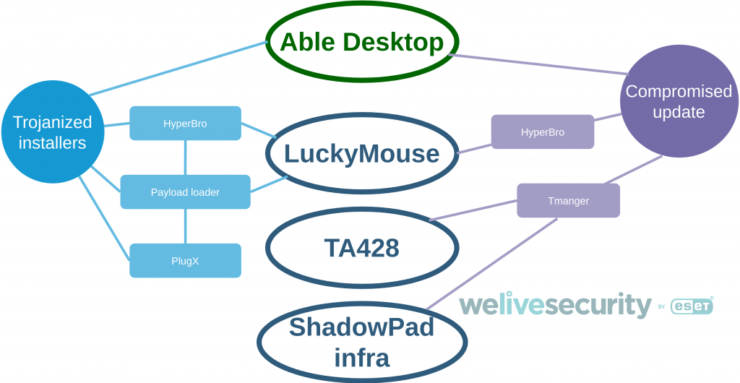U.S. tax-payers will be able to enroll in the Identity Protection PIN program that was previously available only to certain users starting mid-January.
U.S. tax-payers will be able to enroll in the Identity Protection PIN program that was previously available only to certain users starting mid-January
In an effort to battle various flavors of tax fraud and tax-related identity theft, the U.S. Internal Revenue Service (IRS) announced that, as of January 2021, it will be expanding its Identity Protection PIN Opt-In Program to all taxpayers , assuming they can properly verify their identities.
Previously, the Identity Protection PINs (IP PIN) were issued to eligible taxpayers who had experienced tax refund fraud or had been proven victims of identity theft. The IP PIN is a six-digit code issued by the IRS that prevents someone else beyond the holder to file a tax return in their stead using their social security number. The IRS uses the IP PIN to verify the taxpayer’s identity when accepting their paper or electronic tax return. The PIN itself is always valid only for the calendar year in which it was issued, with the taxpayer having to get a new IP PIN each January.
“The fastest way to get an Identity Protection PIN is to use our online tool but remember you must pass a rigorous authentication process. We must know that the person asking for the IP PIN is the legitimate taxpayer,” explained IRS Commissioner Chuck Rettig in a press statement announcing the program.
Using the Opt-In Program an eligible person will be able to apply for an IP PIN by using the IRS’s IP PIN tool. They will be required to pass through IRS’s Secure Access authentication process to verify their identity. The whole process which takes approximately 15 minutes, will require that the taxpayer provides a slew of private information including their email address, social security number, tax filing status and mailing address, mobile phone number registered to their name, and a financial account number linked to their name such as a credit card or mortgage.
Tax season is an already stressful time for most people. This added extra layer of protection can be seen as a welcome addition, especially since tax identity fraud has proven to be a persisting problem. If you’d like to learn more about the measures you can take to avoid various forms of banking fraud and identity theft you can also refer to the tips on fraud prevention shared by ESET Chief Security Evangelist Tony Anscombe

